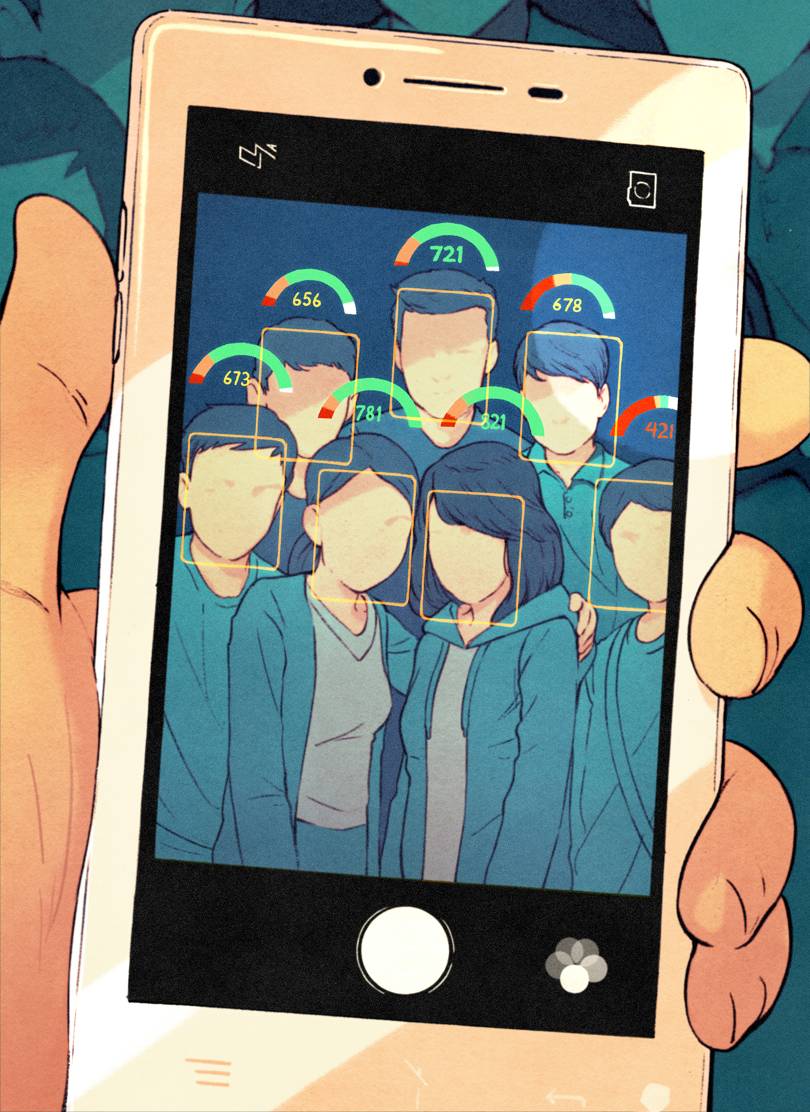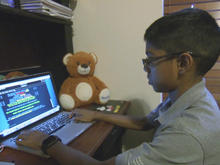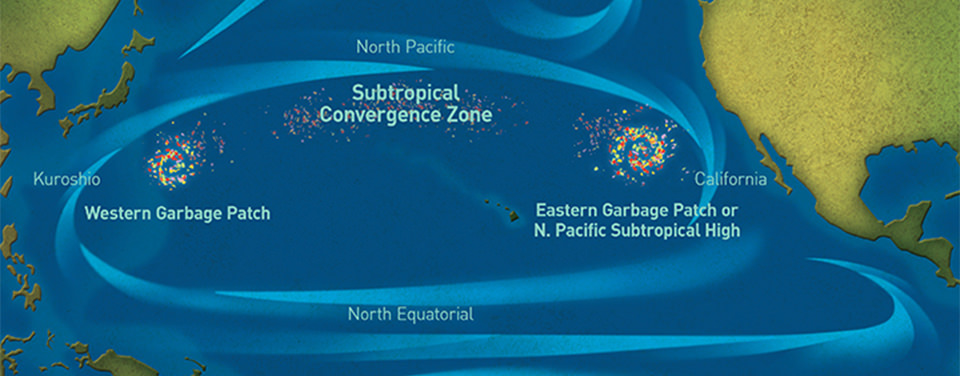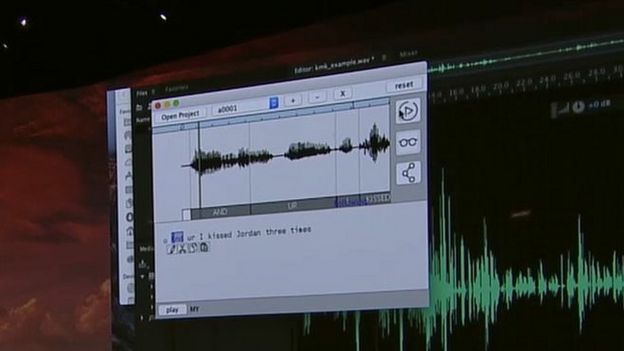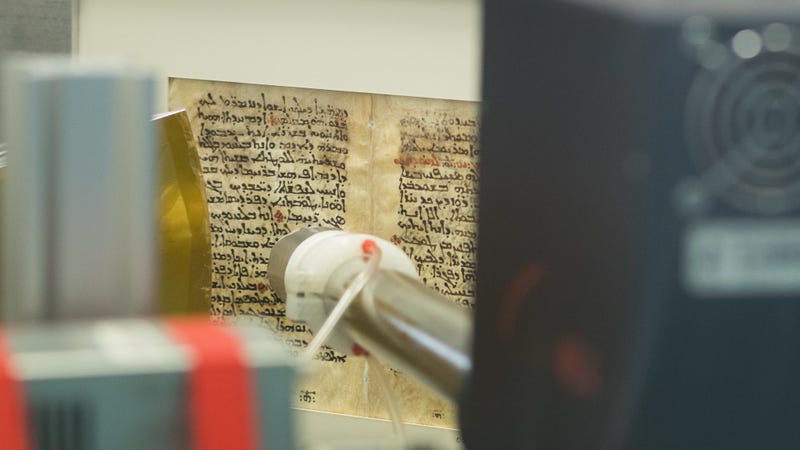Snap today released the next generation of Spectacles, its wearable camera, with new features for taking photos and water resistance. The sunglasses, which have the same striking form as the first-generation model, have been slimmed down and now come in three jewel tones: onyx (black), ruby (red), and sapphire (blue). They’re available to order starting today at Spectacles.com for $150 — $20 more than the previous model. If you’ve followed the story of Spectacles so far, you know that the first version proved to be a costly misstep for Snap Inc. Although reviewers were generally impressed with their whimsical design, Snap made far more units than the 150,000 or so that it ultimately sold. The company wrote down nearly $40 million in merchandise, and laid off about a dozen people.
Given Snap’s struggles in hardware, it’s fair to ask why the company is trying again. The reason is that hardware has the potential to be a much better business for Snap than software does. It enables new services, it can be sold at healthy profit margins, and it’s harder for competitors to copy. Hardware is extremely difficult to do well — but if Snap can pull it off, hardware could help the company chart a profitable path forward. (It lost $720 million last year.) And however this generation of Spectacles performs, it likely won’t be the last. The company is already working on a $300 version of the device that has two cameras for creating three-dimensional depth effects.
Credits:
https://www.theverge.com/2018/4/26/17279434/snapchat-spectacles-pricing-availability-snap-wearable-camera
:format(webp)/cdn.vox-cdn.com/uploads/chorus_asset/file/10720759/jbareham_180425_2493_0134.jpg)

